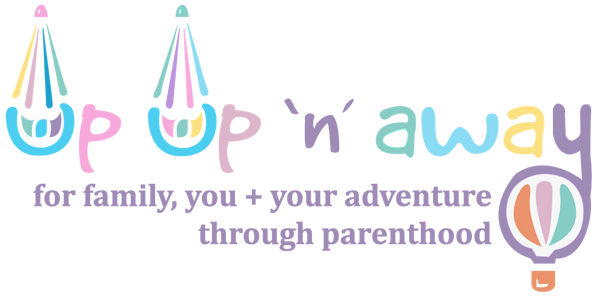Many factors can make a woman feel anxious during pregnancy and early parenthood. Changes in hormone levels following childbirth can make women feel tearful, irritable or very sensitive. This is known as the baby blues and usually passes within a few days and without specific care (apart from support and understanding). Other worries may be related to the baby's health or sleeping patterns or how the woman is managing as a parent.
The symptoms of anxiety may sometimes be ignored, as they often develop gradually over time. Given that we all experience some anxiety at some point, it can be hard to know how much is too much.
Symptoms of anxiety:
If you have experienced some of the following symptoms for two weeks or more, it's time to get help.
- Anxiety or fear that interrupts your thoughts and interferes with daily tasks
- Panic attacks – outbursts of extreme fear and panic that are overwhelming and feel uncontrollable
- Anxiety and persistent worries that keep coming into your mind
- Constantly feeling irritable, restless or 'on edge'
- Having tense muscles, a 'tight' chest and heart palpitations
- Finding it difficult to relax and/or taking a long time to fall asleep at night
- Anxiety or fear that stops you going out with your baby
- Anxiety or fear that leads you to check on your baby constantly.
It is quite common to experience symptoms of depression as well as anxiety.
If feelings of worry, panic, fear or blame are affecting your day-to-day life, talk about your feelings with someone you trust. You can also talk to your GP, midwife or obstetrician and discuss possible options for seeking further help. Discussing your experiences with a health professional can help you to define if the symptoms are within the 'normal' range, or whether they could indicate you are experiencing depression and/or anxiety.
Treatment and Support
The good news is that there is a range of treatments, health professionals and services available to help with depression and anxiety. There are also many things that people with these conditions can do to help themselves.
Depression and anxiety can interfere with your enjoyment of the pregnancy and early parenthood and put a strain on your relationships. If it continues after the baby is born, it could also affect your baby's development.
The reality is, depression and anxiety are unlikely to simply go away on their own. In fact, if ignored and left untreated, depression and anxiety can go on for months, sometimes years, and can have many negative effects on a person's life.
A doctor or other health professional can assist you with services and treatments that can help you to recover. You may benefit from emotional and practical support and psychological therapy.
Women with diagnosed depression and/or anxiety are likely to require a treatment plan (care plan), which can be developed in consultation with a GP and is covered under Medicare. The plan may include a range of treatments and possible medication. Often the woman's partner and/or family members will need to initiate help and play a major role in the ongoing care of the woman and the family.
Psychological (talking) Therapy
Psychological therapy, often referred to as 'talking therapy', can be an effective approach to treating depression and/or anxiety during pregnancy and early parenthood. It can help by changing negative thoughts and feelings that accompany depression and may help recovery and stop depression from getting more serious.
Medication
Medication can play an important role in reducing the impact of depression and anxiety on the mother and other family members. Research has shown that certain antidepressants – selective serotonin reuptake inhibitors (SSRIs) and tricyclic antidepressants (TCAs) – are effective treatments for depression and anxiety. They can be used safely during pregnancy and while breastfeeding, as they are not associated with birth defects and they pass into the breast milk at very low levels.
Every person needs to find the treatment that's right for them. It can take time, strength and patience to find a treatment that works. After seeking appropriate advice, the best approach is to try a treatment you're comfortable with and that works for most people. If you do not recover quickly enough, or experience problems with the treatment, discuss this with your health professional and consider trying another approach.
If you think your partner or baby would be better off without you, or you are having thoughts of suicide or harming yourself or your baby, seek professional help immediately.
For more information visit www.beyondblue.org.au.

